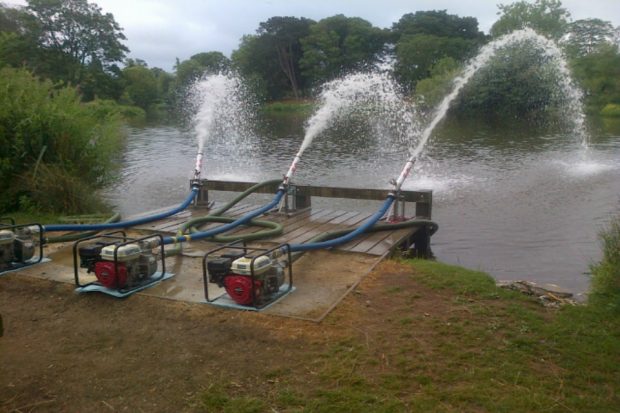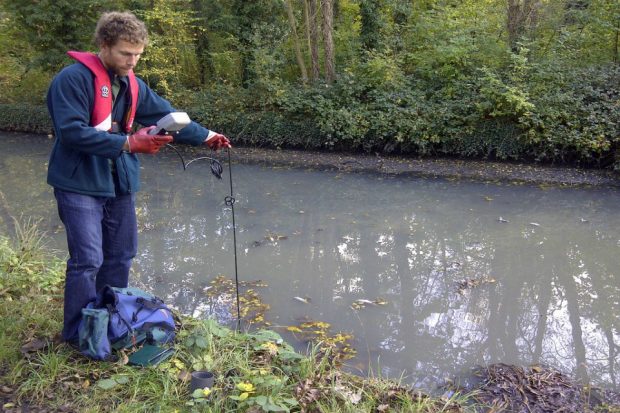Water is a precious resource - essential to everyone and everything. Our goal is a water environment that is cleaner, healthier and managed in a way that is more resilient to flood and drought. Water and sewerage companies play a key role. The Environment Agency is committed to working in partnership with the water industry, and regulating in a fair and transparent way.
This report assesses their performance in terms of pollution incidents, compliance with permits and managing sewage. For the first time, we have also included information about prosecutions.
We are pleased to report that the overall performance of water and sewerage companies continues to improve. All 9 companies have shown 100% delivery of their environmental improvement schemes.

We have also seen widespread improvement to asset management, enabling quicker action to reduce pollution, and companies have invested in improving flood risk management. This shows a commitment to public wellbeing, resilience of the service to customers and protecting the wider environment.
Two companies, United Utilities and Wessex Water, have achieved 4 star leading company status. We celebrate their achievement, while recognising that all of the companies have made efforts to improve performance.
There is, however, still much more to do. While there was a slight reduction in the number of serious pollution incidents, we are disappointed in the increase in the most serious, category 1, incidents.

We are always ready to work hard with water companies to help them improve their systems, but we will not shy away from tough action against non-compliance when necessary - however uncomfortable that may be. In 2016, we saw the highest level of fines following prosecution, at just over £6.5 million, and we also saw a rise in the number of prosecutions.
We are serious about enforcing basic standards, but the purpose of this report is not to celebrate fines. Rather, we want to support businesses to thrive, by encouraging sustainable investment that improves water management in England. We can do this by fostering strong, trusting relationships with the water companies.
This work will create a better place for people and wildlife for generations to come.
Read the report here.

3 comments
Comment by Geoff Roberts posted on
I would like to see the EA making more use of Civil Penalties when enforcing against Water companies. The loss of substantial fines to the treasury, when a civil penalty would have enabled that money to be spent directly on improving the relevant environment, seems to be a missed opportunity.
Water Companies (generally) know when they have done wrong and so I see little public benefit in prosecutions.
Comment by Abela moorey posted on
Very nice article !! I found this article about septic tank technique and recycling of the waste and <a href="http://www.ashwaste.com/installing-new-sewage-treatment-systems.html">sewage</a> very helpful too.
Comment by Keith Meadmore posted on
How about bringing everyone up to date? The 2019 wastewater and water supply Environmental Performance Assessment reports were published 2nd October 2020. I am writing this message on 21st Jan 2021.
I have a copy of the report for Southern Water in particular and it seems the situation has been getting worse, not better. Data for 2020 full year is not yet available, but in 2019 West Sussex alone had 2,456 [fact] incidents of 'spill' over 24,168 hours total time duration [fact] releasing untreated or only partially treated wastewater representing 40-46% of total volume spilled into the environment [fact]. Best case scenario 87 million litres [FACT]. Worse case scenario per Southern Water could be 896 million litres. But they say they don't really know because it is not a requirement of Environment Agency to measure and report. So, where has the £44 billion been spent? You have good articles about how farmers are helping to reduce pollutants, nitrates and other chemicals etc but I can find no articles seriously examining the very serious impact of our national housing development drive and a failing wastewater treatment process and deteriorating efficacy. And Natural England only came up with 'Nutrient Neutrality' strategy that essentially means that provided the pollution arising from a change of land use is no greater than the pollution that was happening in its former use. Not especially intelligent thinking.